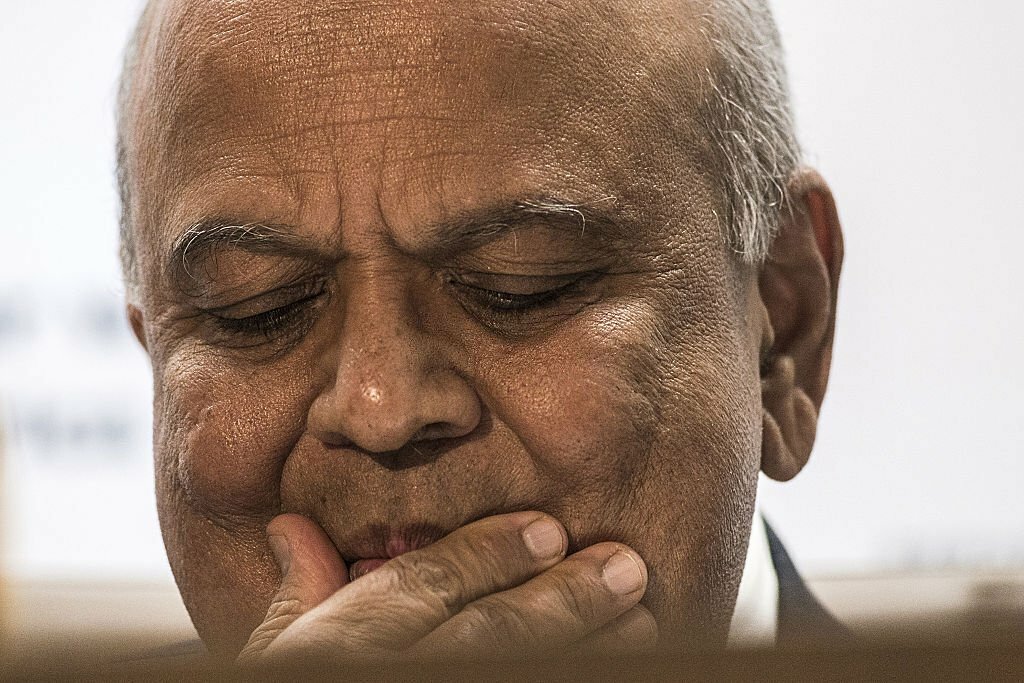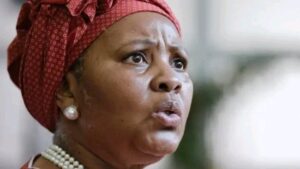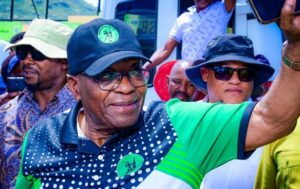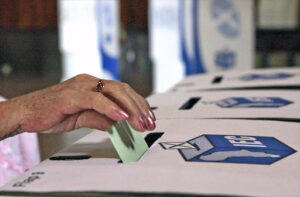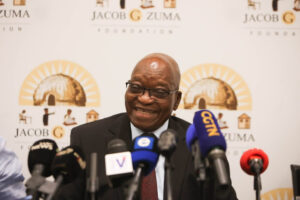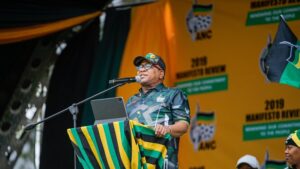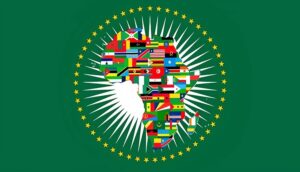Public Enterprises Minister, Pravin Gordhan, finds himself under increased scrutiny as he prepares for the ANC’s national executive committee (NEC) gathering. Central to the meeting’s agenda is a discussion on the performance of state-owned enterprises (SOEs).
Earlier this week, the auditor-general presented a concerning review of the department’s fiscal health. Moreover, Gordhan, who often received commendation from the opposition DA, now faces their criticism. They’ve gone as far as to describe him as “a significant economic concern.”
“Eskom had started showing signs of stability under Mpho Makwana. We believed Makwana’s board was ushering in a period of good governance. However, now we face this new challenge,” remarked ANC secretary-general Fikile Mbalula ahead of the NEC meeting.
Mbalula also highlighted the importance of the state capture inquiry, urging both ministers and board members to understand the significance of the rule of law in SOE management. He added, “The minister will update the NEC on the state of SOEs and the government’s strategic interventions.”
Eskom’s Leadership Changes
In the backdrop of these discussions is the departure of former Eskom CEO André de Ruyter in February. Calib Cassim, the former CFO, has since taken the role of interim CEO. Among other pressing issues, the NEC will also address ongoing loadshedding, the surge in cash-in-transit heists, and challenges posed by illegal mining.
A significant point of contention has been Gordhan’s alleged intervention in the appointment of Eskom’s next CEO. Rumours suggest that Gordhan may have vetoed the appointment of Dan Marokane, who was a top contender for the position. Instead, Gordhan’s preferences are believed to lean towards either Deon James, a former Eskom regional distribution manager, or Paul O’Flaherty, Eskom’s ex-CFO.
While the board had shortlisted six candidates for interviews in May, only Marokane’s name was forwarded to Gordhan. Three months on, Gordhan reportedly sought a list of three names, including candidates aged over 60. Both James and O’Flaherty meet this criterion.
One insider questioned the inconsistency in Gordhan’s approach, noting, “When André was appointed, they should have already presented three names. Why was only one name accepted then?” Another source defended Gordhan, stating, “He’s always been particular about following rules. His query was, ‘Why did you present only one name this time?’”
The relationship between Gordhan and Makwana has also been a topic of discussion. Some suggest that their differences could have been settled amicably, questioning why it took three months to address the CEO appointment issue.
Past Appointments Raise Questions
This isn’t the first instance where Gordhan’s CEO appointments have raised eyebrows. He had previously chosen CEOs over the board’s recommendations, as seen with the appointment of Portia Derby as the Transnet Group CEO. The board had initially favoured Patrick Dlamini, the CEO of the Development Bank of SA. Interestingly, Derby was appointed without undergoing the standard interview process.
“Such decisions occur because there’s a lack of oversight from above. It seems like Gordhan has taken the reins of the country while the president remains passive,” commented an anonymous source.
Another informant hinted that Gordhan favoured O’Flaherty for the Eskom CEO role, even though he didn’t make the final cut in the interviews. This perceived overreach by Gordhan is believed to have contributed to Makwana’s resignation.
The final shortlist for the CEO position included Marokane, Vally Padayachee, a former CEO of City Power, and Ayanda Noah, Eskom’s previous distribution head.

